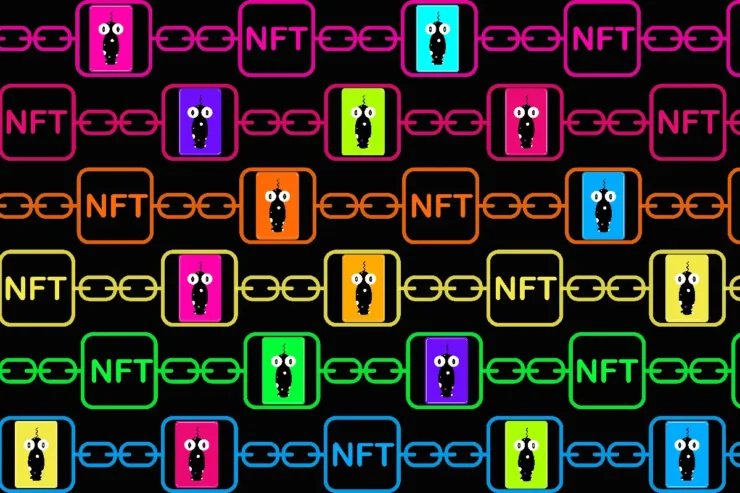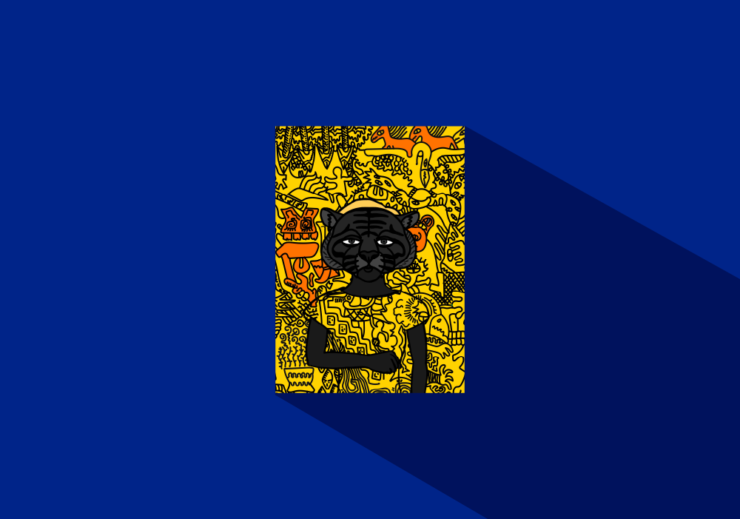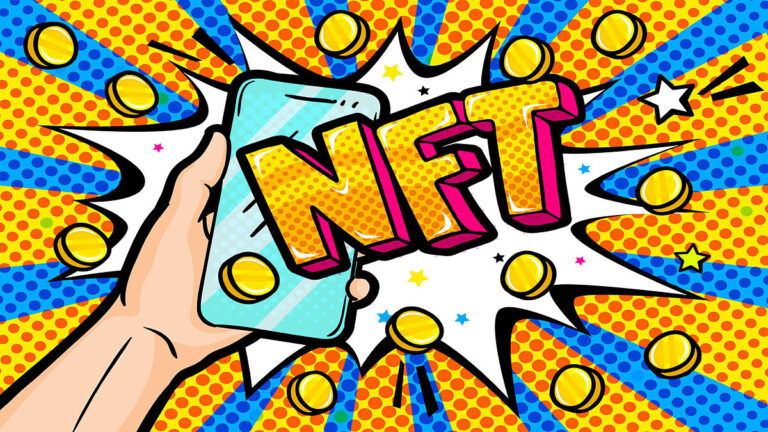NFT stands for Non-Fungible Token, which has gained significant popularity in recent years. Essentially, an NFT is a unique digital asset that represents ownership or proof of authenticity of a specific item, whether it be artwork, music, collectibles, virtual real estate, or even tweets.
The concept of NFTs revolves around blockchain technology, specifically Ethereum, where these tokens are created, bought, and sold securely. Each NFT has a distinct identification code, ensuring that no two tokens are the same. This feature makes them valuable and desirable among collectors and enthusiasts.
One might wonder why anyone would be willing to spend a significant amount of money on something that can be easily reproduced digitally. The answer lies in the exclusivity and authenticity that NFTs provide. Owning an NFT means that you hold a one-of-a-kind item, which adds an undeniable value to it. NFTs allow creators to monetize their digital content in a completely novel way, by selling their unique creations directly to buyers, thereby bypassing traditional intermediaries.

NFTs can be profitable for both creators and investors. Creators benefit from the direct sales of their digital assets, which makes it easier for them to earn a fair share of the revenue without relying on galleries or record labels. When it comes to investors, NFTs can appreciate in value over time, especially if the creator gains more recognition or if the artwork becomes popular among collectors. In some cases, NFTs have been sold for millions of dollars.
If you are eager to join the world of NFTs as a creator or investor, you might be wondering how to get started. The process of creating and selling an NFT usually involves a few steps. First, you need to choose a suitable platform to create and mint your NFT. There are several online marketplaces and trading apps available, such as NFT Profit, OpenSea, Rarible, and NBA Top Shot, where you can create, list, and sell your NFTs.
To create an NFT, you typically need to provide digital content, such as an image, video, or audio file. This content will be associated with your token, making it unique. Once you have chosen a platform, you can follow their specific instructions to upload your content, provide relevant details about your NFT (e.g., title, description, and edition), and set a price or choose an auction format for selling it.

After minting your NFT, it will appear on the marketplace, where potential buyers can discover and purchase it. Once a transaction occurs, you will receive payment in cryptocurrency, usually in Ethereum. The marketplace will facilitate the transfer of ownership, updating the blockchain records to reflect the new owner.
While creating and selling an NFT can be an exciting venture, it is important to approach it with caution. Due diligence is necessary to ensure that the marketplace you choose is reputable, provides adequate security for your digital assets, and has a strong community of buyers. Additionally, keep in mind that the world of NFTs is still relatively new and evolving, so it is crucial to stay informed about any regulatory developments and potential risks associated with this emerging market.
In conclusion
NFTs have opened up new possibilities for artists, musicians, and creators to monetize their digital content and establish a direct connection with their audience. They enable the ownership and trading of unique digital assets, providing exclusivity and authenticity in a digital world. Whether you are a creator looking to showcase your talent or an investor seeking alternative assets, NFTs offer an exciting and innovative avenue to explore.

